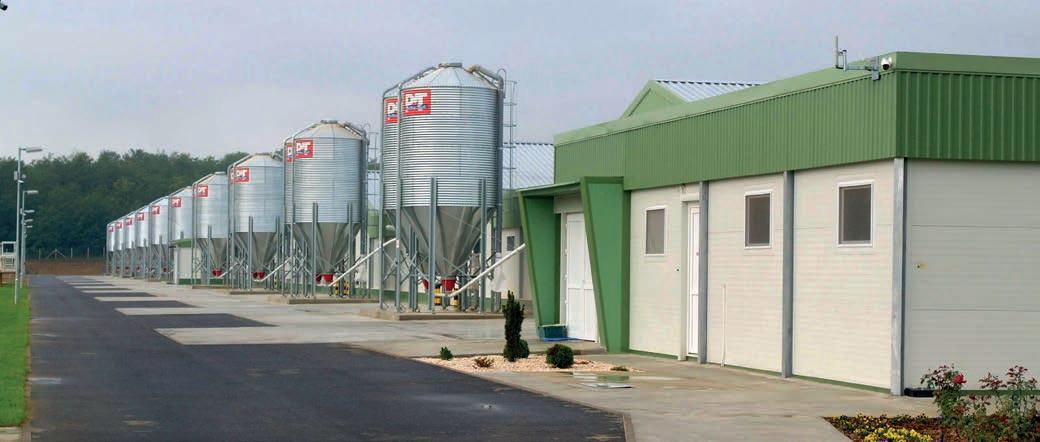FIELD REPORT
Influenza antibodies made by Pirbright reduce disease in chickens Scientists at The Pirbright Institute have engineered synthetic antibody molecules that can be administered to poultry to reduce the symptoms of Influenza, as well as decreasing the amount of Influenza virus they shed into the environment. These results suggest that there is potential for their use as immunotherapy treatments to reduce the burden of Influenza in poultry. immunised intranasally with scFvs produced lower levels of virus and presented decreased weight loss compared to those that had not received treatment. The scFv antibodies work by binding to proteins on the outside of the Influenza virus, called haemagglutinin (HA), that attach to receptors on host cells. This prevents the virus from entering the cell and replicating, offering rapid protection to infected birds. Immunotherapy treatments such as synthetically made antibodies have become popular as they are able to be rapidly produced in large quantities in cultured cells, function in a similar way to natural antibody immune responses and provide immediate protection compared to vaccines. To create the scFvs, the team immunised mice with an Influenza vaccine, which triggered the production of mouse antibodies that could neutralise the H9N2 virus. The genetic code for two sections of the antibodies that bind to the HA protein was then sequenced. Using genetic engineering, they linked these two sections together to create one new smaller antibody molecule (the scFvs).
The team generated synthetic antibodies against the H9N2 strain of Avian Influenza, a type of Influenza virus that poses great risks to the global poultry industry as well as to the health of other avian and mammalian species owing to its ability to readily mutate and adapt to new hosts.
By generating these smaller molecules, the team could overcome issues presented by using whole antibodies such as lower production rates and increased likelihood of immune rejection by species other than chickens. The scFvs created in this study, published in Vaccines, have additional advantages including their ability to be mass produced in insect cells and the fact they could work against the virus in all hosts without adaption.
The modified antibody segments, known as single chain variable fragment antibodies (scFvs), were shown to prevent the H9N2 virus from entering cells in laboratory tissue cultures. Further testing demonstrated that chickens
Professor Munir Iqbal, Head of the Avian Influenza Group at Pirbright, said: “These results are encouraging and demonstrate that scFvs could provide a quick and efficient way of reducing the clinical signs of Influen-
8
- field report -












